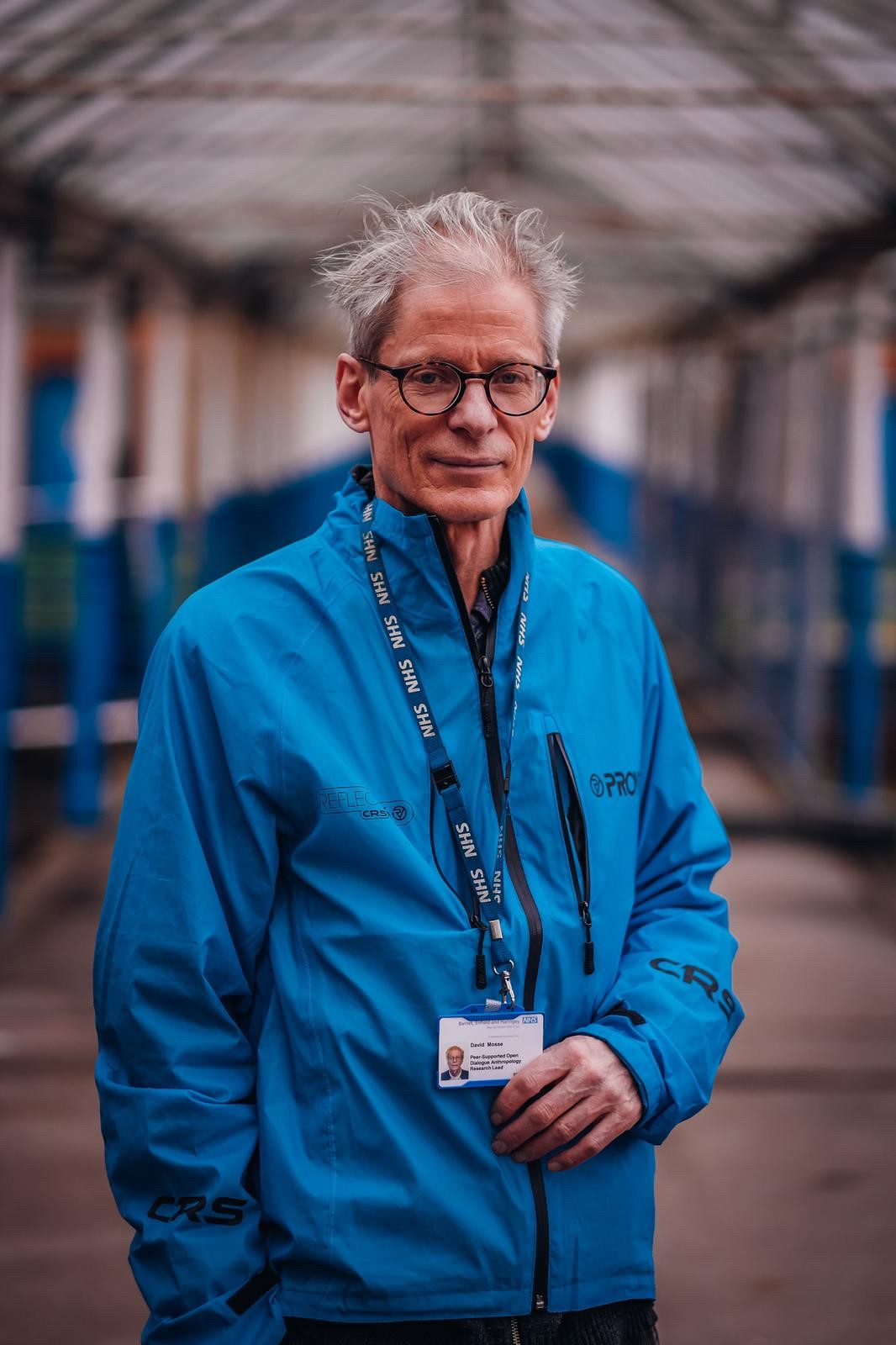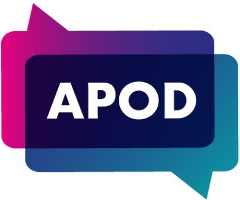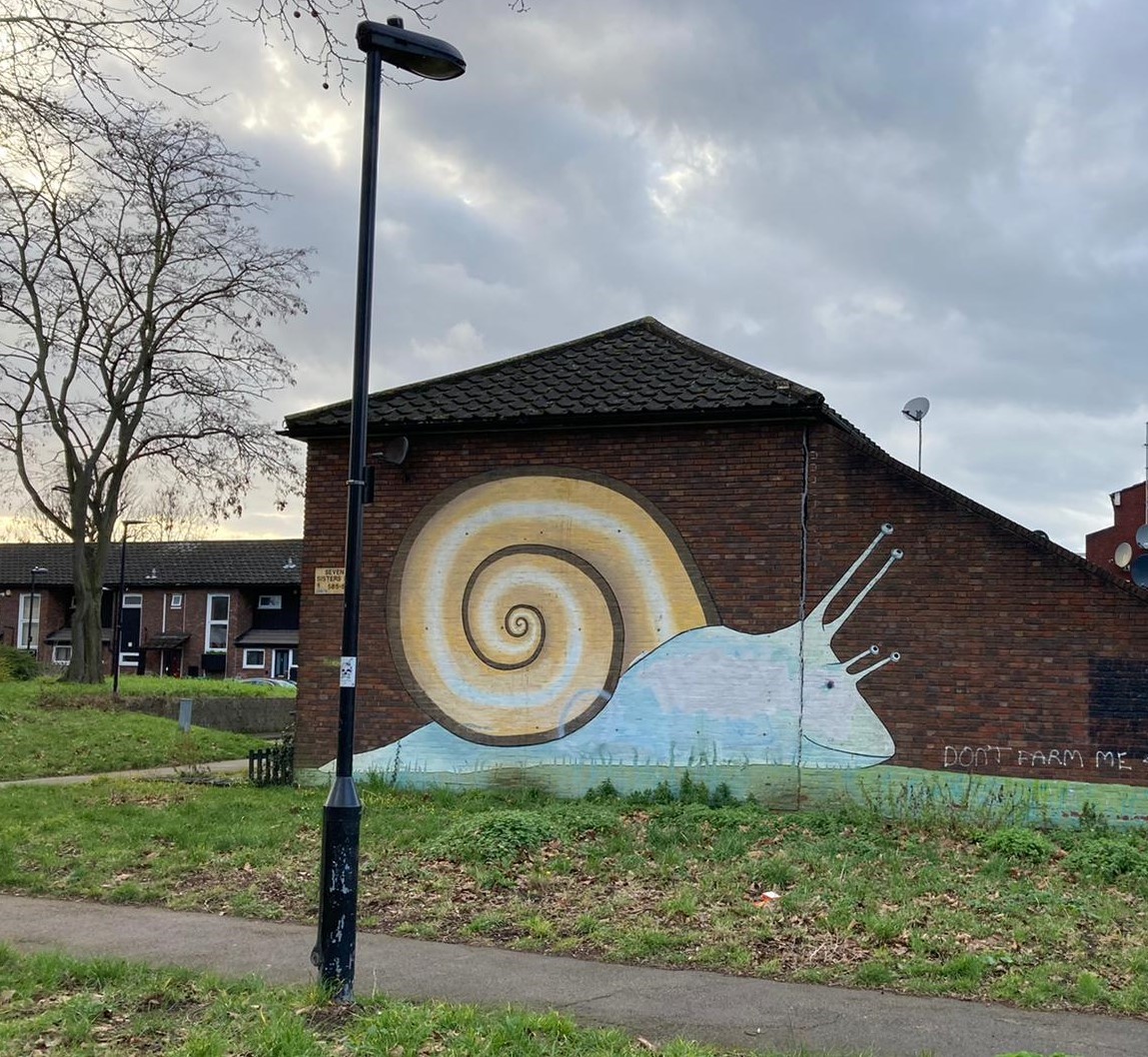By David Mosse
Can you tell us about how you may have changed your position as an anthropologist in the process of studying open dialogue (OD)?
This project on Open Dialogue was completely unanticipated. I was working in South Asia on caste and development policy. It’s been a real change in direction for me, for personal reasons – major mental health experiences in my family that reoriented my interests.
When I became aware of OD as an alternative to handling serious mental illness and crisis care, it opened up a possibility of thinking how one might respond differently to crisis. I was aware of the ODDESSI randomised controlled trial taking place, which is primarily quantitative. I thought anthropology could contribute something distinctive to it. It brought my anthropological identity and research together with my concerns and focus on mental health. OD is also linked with systemic approaches to family therapy which is founded in the anthropology of Gregory Bateson.
There is something fundamentally anthropological in the open-ended approach of OD; the interpersonal meaning-making, collaboration – it seemed like a natural place to engage anthropologically with questions of psychiatry and mental health which were not locked into critical Foucauldian perspectives. There seemed to be very little anthropological analysis looking at ways out of the ‘stuckness’ of contemporary psychiatry, and what it was doing, or not doing, whether it was relieving or inflicting suffering upon people experiencing mental distress. OD looked like it might be a way forward.
Do you think you have changed your approach as an anthropologist because of training in OD, such as ‘dialogical’ ways of being?
I’m sure that I have. One of the first challenges was how we would do participant observation. It was quite difficult imagining being an observer of something that was fundamentally about dialogue – You couldn’t observe a dialogue without being completely part of it. That opened up the door to a different kind of ethnography, where I and others were practitioners. We’re not clinically trained –but draw from lived experience and peer practice. We do not work singly, but as part of teams which include various clinically qualified professionals– you are always part of a group. We may be drawing from lived experience and work as part of a team alongside ‘peer’ practitioners with lived experience of mental health services. Open Dialogue then opens up a space to be a practitioner, as well as an ethnographer.
I spent two years working voluntarily with a local community mental health team while training in OD, before we began APOD. That was a different avenue into fieldwork from the kind I had done before – a lot of my work in development was being part of a project, programme or team in which things emerged and unfolded in real time. I brought in ethnographic analysis after events happened. But this project on mental healthcare is slightly different; more intentional and intimate in some ways. OD practitioners are trying to do something radically different to what they have done before.
I think the depth, closeness of observation, and richness of experiential immersion in the world of mental healthcare that has been possible in this project far exceeds the kinds of engagements I’ve been able to have as an ethnographer in the other areas in which I’ve worked.
In light of recent conversations around decolonising anthropology, and as someone who works ‘at home’ as well – in my native country – I have often felt in the past that I have been fighting to justify that work at home is as ‘valid’ as ethnography of ‘other’ places. But projects such as APOD turn this on its head, showing that lived experience and being ‘at home’ in that sense, can be a real advantage. What do you think?
It’s certainly true that for me this project arises from the principle of ‘dig where you stand’; ethnography in the place and community in which I live. Prior to the APOD study, I was a local mental health activist in my borough in London; I was involved in advocacy for crisis care and chaired a multi-agency strategy group on suicide prevention. I was involved with what was going on in my patch – my neighbourhood. It was about discovering, engaging with and putting down roots in the diverse community in which I live. Quite different from work I had done earlier in India- such as on caste discrimination and exploitation- which did not affect me personally. These things were not part of my life; were ‘other’. They carried anthropology’s colonial legacy. Which of course is also there in psychiatry and the communities, inequalities, discrimination and precarity in the London area where I live; but it is part of what is happening around me; it is relationally closer.
For someone who is trying to understand how the APOD project works as a team, say an anthropologist who has only ever worked on their own- do you have any insight to share?
At the heart of this project is a collaboration between anthropologists, psychiatrists, psychologists and people with lived experience who are also professionals, but draw on expertise-based understanding. We have conversations across very different backgrounds, which is very different to working as a sole anthropologist. That can sometimes feel like a heroic journey where you come back and produce a single authored monograph of anthropological adventure.
This project is deeply collaborative, and it needs to be, because we cannot understand OD from one point of view. Others bring a perspective I couldn’t possibly bring; have knowledge, expertise or experience I don’t have. We’re still figuring out what it means to work in that collective way. Right now, each of the team are immersed in our own autoethnography – bringing our subjectivity into view- but we will come to a point where we exchange and collaborate in representation and writing. It will be interesting to see how we work collaboratively around the writing of fieldnotes, interview transcripts and crafting outputs.
A term that comes up in OD is polyphony – the more voices there are, the richer and more productive. The question we have to grapple with is: how do we build in different interpretations and voices without losing analytical coherence? We want to convey powerful messages to the various audiences we speak to – which is going to be a challenge.
What is the most challenging part of working in a collaborative way?
I’ll be better able to answer that in a years’ time! Working collaboratively is built into OD practice, so building it into the fieldwork comes naturally. Building the same level of dialogue into ethnography is another matter; building it into analysis and writing is probably going to be the most challenging part as we move into the phase of distanciation and ‘standing back’. What do you think?
It’s connected with ways of working I am seeing more generally across academia, to break open more conventional ways of working that are more… singular, hierarchical…
I’ve read a lot of feminist calls interested in the question- do we always have to produce something coherent, where we pretend to have advanced a question in a linear progressive fashion? Can we not just settle with multiple voices and irresolution?
I do think APOD has a lot to contribute to some of these key questions we are grappling with in the field of mental health and anthropology.




